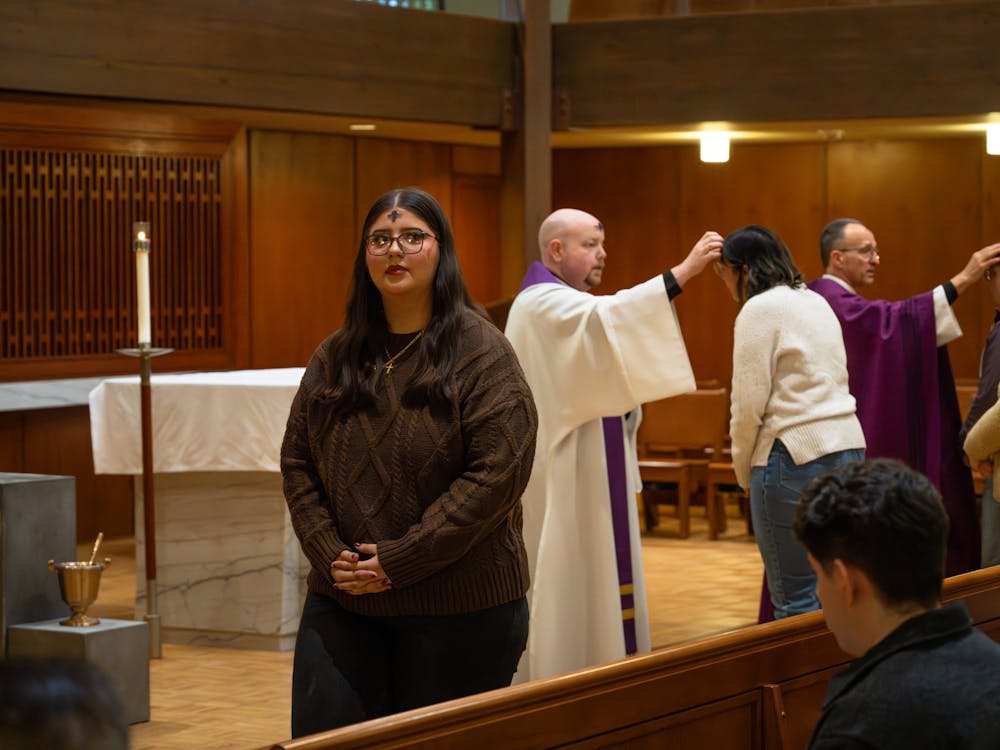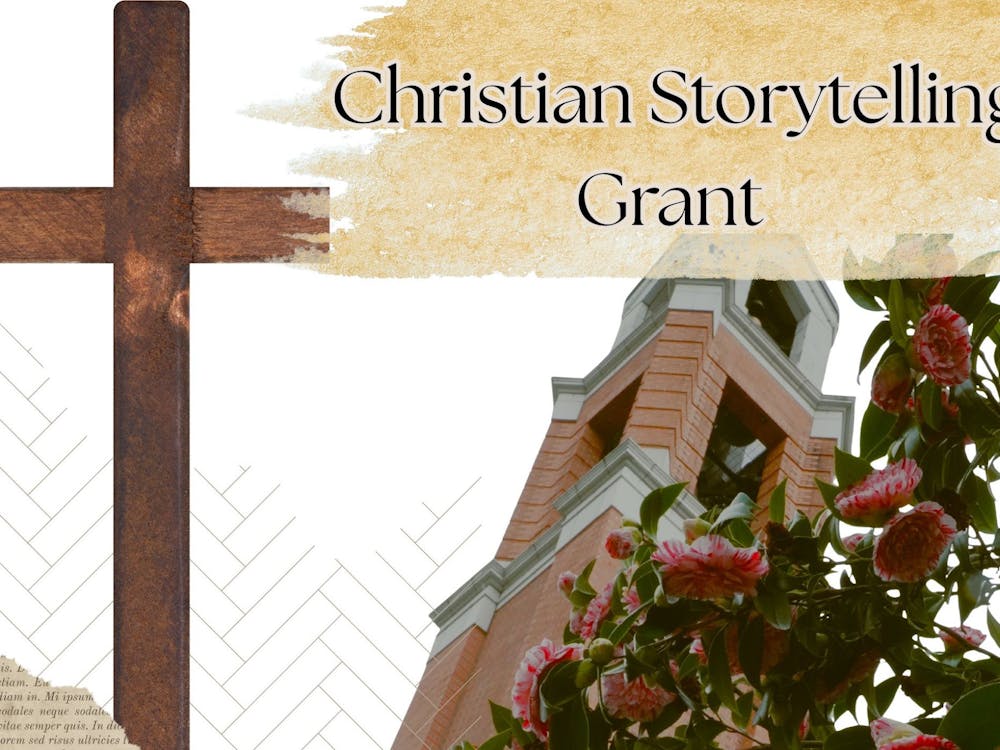Fr. Gary Chamberland (-- The Beacon)
By Gary Chamberland, Guest Commentary
In Sex and the Soul, Donna Freitas, a professor of religious studies at Boston University, explores the interrelationship of sexuality, spirituality, romance and religion on America's College campuses.
She polled and interviewed non-believers and believers of many faiths at large public universities, non-religious private colleges, Catholic schools and evangelical Christian colleges to discover colleges students' beliefs and desires, their sexual mores and actual experiences and their integration or non-integration of religious beliefs with their sexual activity. She also discussed their perceptions, acceptance of, participation in and feelings about the sexual culture that existed on their campuses.
It is a fascinating study that utilizes a combination of statistical data and personal stories to shed light on this complex of issues that are at the very center of every person's life.
In her conclusion, Freitas noted the privacy inherent in her interview process allowed students the safety to open up about the interrelationship of faith, sex and romance in their own lives. It is this "safe place" that seems to be missing in the lives of many college students, a place where they can speak about their deepest hopes and desires, their fears and experiences.
She writes, "I wonder how many times this short interview provided the only moments during their college years when students could give voice to these questions, experiences, opinions and hopes, the only moments when they did something other than simply ponder these things in their hearts."
Freitas found that most students, regardless of type of school they attended, are highly invested in their religious and/or spiritual identities, experience sexual desire and long to act on it, hold romance and a fulfilling romantic relationship as a priority and have absolutely no idea how to reconcile these three realities.
It is tragic, and perhaps even an indictment, that these two primal human needs, the impulse toward religion and spirituality, and sexual desire and the longing to act on it, both of which are constitutive of the human person, are so frequently left unattended on American campuses.
If we are to have a society peopled with happy and well-adjusted men, women and families, these matters cannot be left unaddressed. Colleges must create the opportunity for the self-expression and the discussions that will allow this essential personal integration to take place. At the University of Portland, a community of scholars committed to the exploration of faith and the fullness of human formation, we too must work to foster a campus culture that values faith and its expression and promotes a healthy understanding of the human person. Such an understanding necessarily rejects degrading and objectifying stereotypes or activities, but must also cherish the "imago dei," which means the image of God, that is every human person which seeks others' best interest in all things.
As a lifelong Catholic, I know the common perceptions about the Church's teachings on sex and sexuality. It is often dismissed as a list of "don'ts." Personally, I never heard the teaching presented that way in grade school or high school religion classes or in my college theology courses. If anything, human sexuality wasn't spoken of much at all.
But when it was, it was always presented as good and as a participation in the creative genius of God. Sex was one of God's greatest gifts to humanity, a gift to be used wisely and well. Any "don't" encountered along the way was always an addendum to a far more enticing list of "do's."
This semester, I meet every Monday evening with a group of students to discuss and explore The Theology of the Body, a presentation of the Church's teaching on the purpose and use of our human sexuality. But it is so much more than that as well. It is an exploration of who we, as human beings, are before God and who we are called to be. It challenges us to ponder what it means to be made in love and to be made for love. It calls us to live love in powerful and wonderful ways.
Pope John Paul II wrote, "Man cannot live without love. He remains a being that is incomprehensible for himself, his life is senseless, if love is not revealed to him, if he does not encounter love, if he does not experience it and make it his own; if he does not participate intimately in it."
Christians know this is the love of God as experienced through Christ. But it is also the love that is lived and experienced in the romance, intimacy, joy, sorrow, companionship, commitment and sexual union with another that is the fullness of marriage. Such love is a participation in and a manifestation of the very love which is God.
Freitas found that college students today long to integrate their religious and spiritual identities with their sexual identities in a fulfilling romantic relationship. Many desire to reject the empty and broken notions of sex that pervade their campuses and hope for the fruitful discussions and supportive campus culture that will help them find that integration.
What about us? What about the University of Portland? How are we doing in our efforts to engage the discussion? What about you? Where do you stand on these matters which are constitutive of your very self? What do you hope for? What do you fear? How do you experience our campus culture? Together, can we create those "safe places" where we share our beliefs, come to know ourselves better and grow together in love?
Donna Freitas speaks next Thursday, March 29 at 7:30 p.m. in the Buckley Center Auditorium. Come listen to her presentation and let's begin a more open campus discussion.
Fr. Gary Chamberland is the director of Campus Ministry. He can be reached at chamberg@up.edu







